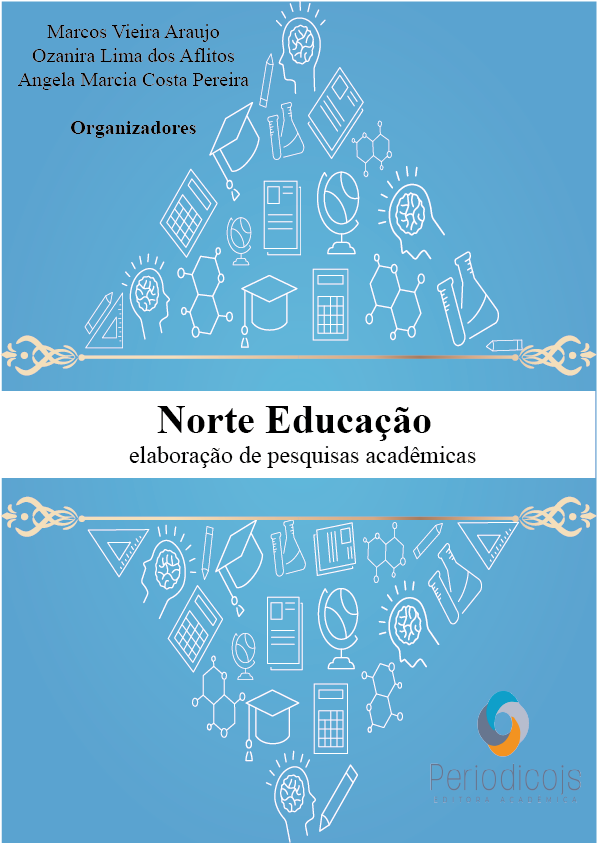Abstract
The main objective of this work was to promote reading in the 5th grade class of the Marechal Deodoro da Fonseca Indigenous State School. The formation of readers focuses on the reading experiences of children, in particular, those who live in the Canavial indigenous community. Such experiences lived from a project of literary reading practices. It is worth mentioning that the aforementioned school does not have an important collection of children’s literature books and that all activities carried out were through works from my personal collection and others photocopied. Literature is an inexhaustible source of language expression, a source that every human being can use, whether as an author or reader. Through literature, it was possible to perceive and experience different sensations of children when acquiring knowledge, reflecting on countless subjects, or simply for the pleasure of reading. The methodology was qualitative research, through the practices of Supervised Curricular Internship, phases 1: diagnosis of the Marechal Deodoro da Fonseca Indigenous State School and the Canavial Indigenous community, to subsequently build the intervention proposal, since students in the final grade of elementary school I have reading difficulties. Next, implementation of the pedagogical proposal I WANT TO READ AND LEARN. As a final consideration, I observed that the contributions of the research were, mainly, to reflect through the reading practices provided by the teacher that they could collaborate with the reading formation of indigenous students.
References
ASSOLINI, F. E. P. Pedagogia da leitura parafrástica. 1999. 236 f. Dissertação (Mestrado em Ciências – Área Psicologia) – Faculdade de Filosofia, Ciências e Letras de Ribeirão Preto, Universidade de São Paulo, Ribeirão Preto, 1999.
BAMBERGER, R. Como incentivar o hábito de leitura. 3 ed. São Paulo: Ática, 1987.
BRASIL. Secretaria de Educação Fundamental. Parâmetros curriculares nacionais: Língua portuguesa/Secretaria de Educação Fundamental. Brasília: p. 144, 1988.
FERREIRA, S. P. A; DIAS, M.G.B.B. (2002). Compreensão de leitura: estratégias de tomar notas e da imagem mental. Psicologia: Teoria e Pesquisa.
FREIRE, Paulo. A importância do ato de ler. São Paulo: 1988.
______. Cartas a Cristina. Rio de Janeiro: Paz e Terra, 1994.
GERALDI, João Wanderley. A aula como acontecimento. In: GERALDI, J. W. A aula como acontecimento. São Carlos: Pedro & João Editores, 2006.
_________, João Wanderley. Mediações pedagógicas no processo de produção de textos. In: GERALDI, J. W. A aula como acontecimento. São Carlos: Pedro & João Editores, 2008.
HEATH, 1983. Ways with words. Cambridge: Cambridge University Press.
KLEIMAN, Ângela B. (Org.). Os significados do letramento: uma nova perspectiva sobre a prática social da escrita. Campinas: Mercado de Letras, 2001.
ORLANDI, E. P. A linguagem e seu funcionamento: as formas do discurso. Campinas: Pontes, 2006. 276 p.
PIAGE (1975. A formação do símbolo na criança. Rio de Janeiro: Zahar Editores
SOARES, Magda. Letramento: um tema em três gêneros. Belo Horizonte: Autêntica Editora, 2001.
VYGOTSKY. Linguagem, desenvolvimento e aprendizagem. São Paulo: ícone, 1988.

